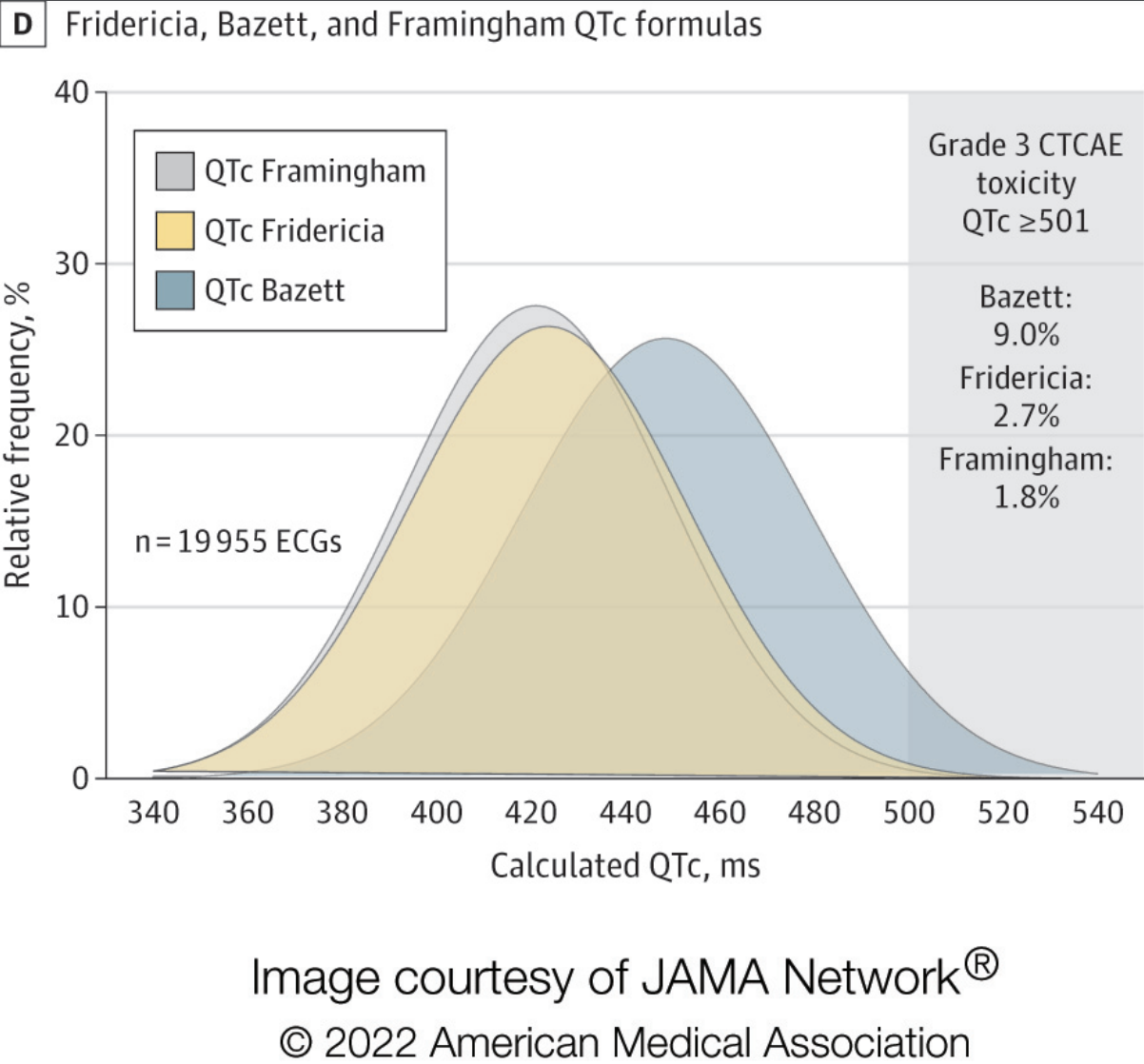We reach more than 65,000 registered users in Dec!! Register Now

Accurate assessment of heart rhythm can optimize chemotherapy use
- September 25, 2022
- 35 Views
- 0 Likes
- 0 Comment
September 22, 2022
The study findings were published in JAMA Oncology.
The formulas in this study are based on how the cardiac system recharges itself after each heartbeat. In reading an electrocardiogram (ECG), heartbeat spikes and bumps, called P through U waves, indicate when the heart is contracting and relaxing. The interval between the start of the Q wave and end of the T wave, when prolonged, is of most concern for people receiving chemotherapy. When the heart muscle takes a comparatively longer time to contract and relax than usual, which is known as QT prolongation, it may increase the risk of developing abnormal heart rhythms that can lead to sudden cardiac arrest.
Because QT prolongation is a potentially serious side effect, every chemotherapy drug goes through rigorous testing for QT prolongation in its approval process. Many chemotherapy agents that prolong the QT interval today fall into a class known as targeted therapies. As the use of targeted therapies expands, monitoring QT prolongation becomes even more important, especially for many blood cancers that are often treated with targeted drugs, such as those that were part of this study.
In their study of different formulas, the researchers discovered that one formula, the Bazett formula, was associated with a three-fold increase in the corrected QT interval compared to other formulas used with oncology patients. The overestimation of the QT interval by the Bazett formula can potentially lead to misguided chemotherapy modification that can impact clinical care.
The researchers looked at the medical records of 6,881 adult cancer patients who received 24 different types of chemotherapy between 2010 and 2020. The patients were seen at the North Carolina Basnight Cancer Hospital and received nearly 20,000 ECGs.
Study findings
The investigators found that the Bazett formula resulted in longer QT prolongation periods than two other formulas (Framingham and Fridericia) in 40.9% of ECGs examined; this was concerning as Bazett is the default formula used with many ECG devices.
For their next steps, the researchers are considering conducting a study evaluating oncologists’ and pharmacists’ awareness of the different QT prolongation formulas and their impact as this would help researchers better grasp the magnitude of the issue. Primarily, though, the researchers want to advocate for an understanding of the effect of formula choice on outcomes and to advocate for standardization when assessing oncology patients.
List of Referenes
- Daniel R. Richardson, P. Christopher Parish, Xianming Tan, Julia Fabricio, Cami L. Andreini, Charles H. Hicks, Brian C. Jensen, Benyam Muluneh, Joshua F. Zeidner. Association of QTc Formula With the Clinical Management of Patients With Cancer. JAMA Oncology, 2022; DOI: 10.1001/jamaoncol.2022.4194
Cite This Article as
No tags found for this post









